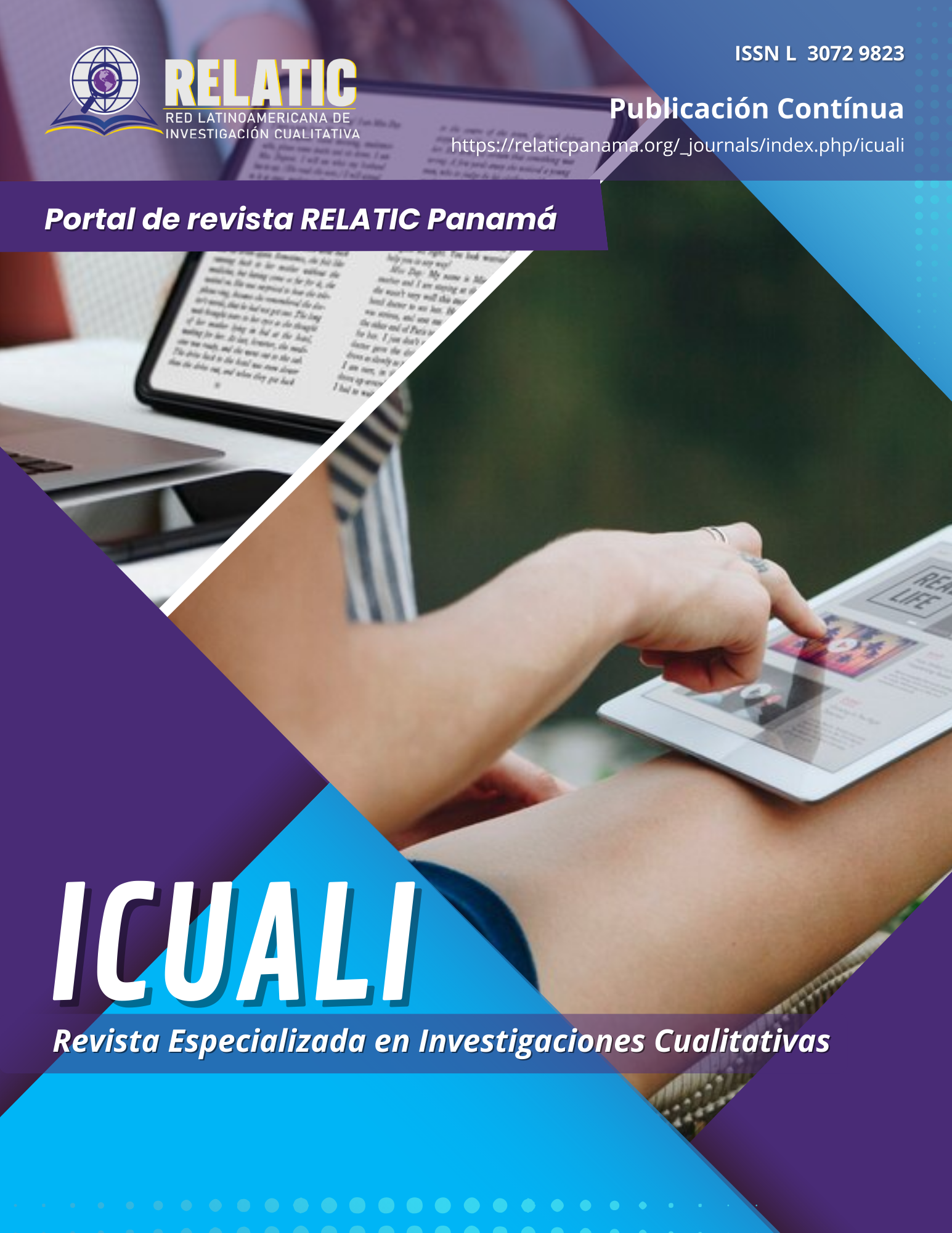Political and ethical perspectives in critical pedagogical currents and their relationship with the training of early childhood education teachers
Main Article Content
Abstract
The purpose of this article is to understand the political and ethical perspectives of critical pedagogies and their relationship to the professional training of early childhood education teachers. A methodology was developed that included ways of knowing (research epistemology). This research was guided by the ways of knowing: historical-hermeneutic and socio-critical approaches. This research is a justifiable and inexcusable relationship given that the subject studied derives from the socio-critical approach and, in a certain way, its theoretical perspectives, once interpreted and analyzed, make it possible to question its approaches in order to generate current reflection and debate on the topic. The way of knowing was advanced (from the framework of qualitative research), and the way of conducting research (techniques and instruments applied to collect information) is the object of interpretation and analysis. It was concluded that the political and ethical perspectives are different in their statements given that they originate in a critical pedagogical movement in completely different times, historical contexts, and situations. Therefore, it urges educators in training to delve deeply into the field of pedagogical knowledge. This constitutes a key foundational basis for understanding critical educational theory and its main purposes in teacher training. Education must be rethought and transformed into a human, critical, transformative, and contextualized event. Not merely as a matter dominated by economic, instrumental, and technical-administrative aspects.
Downloads
Article Details
Issue
Section

This work is licensed under a Creative Commons Attribution-NonCommercial-ShareAlike 4.0 International License.


